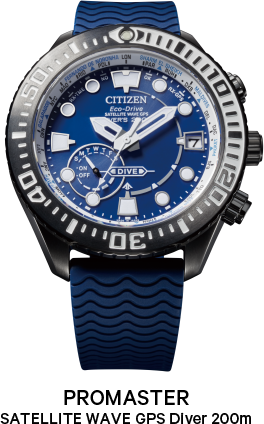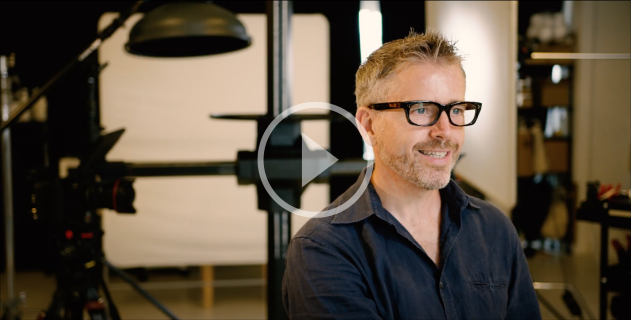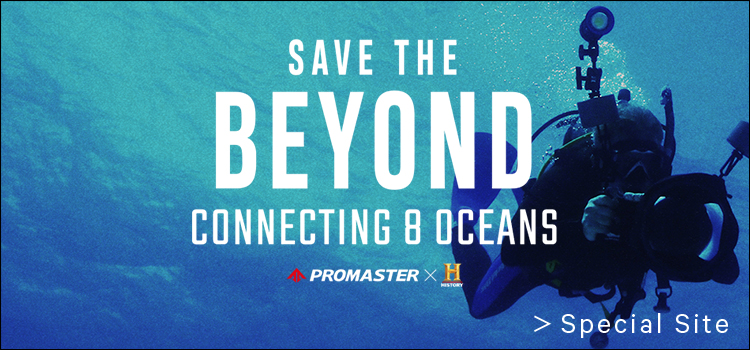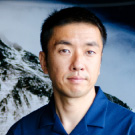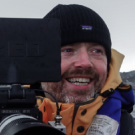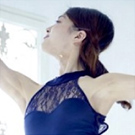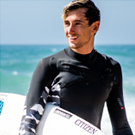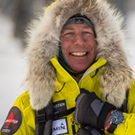
-
How have you been spending your time under lockdown?
-
Lockdown has given me the chance to rethink my personal lifestyle. For instance, I've converted the balcony of my house into an urban garden and started growing all sorts of vegetables and fruits there. I'm growing mushrooms in my bedroom, making kombucha in the kitchen and I've also started cooking a lot more.
Something I've picked up on from my social media feed is that people are using all this extra time they have to transform themselves into chefs. People connect through creativity and they also connect through food. I think it's a wonderful thing—and a healthy thing too. -
Has the 'new normal' changed how you think about things?
-
I'm lucky in a way that my work allows me to see first-hand the kind of impact that humankind is having on the planet. It's very easy to look externally and blame business and companies as the cause of our environmental problems. But this new kind of lifestyle forces us all to look internally. Our main challenge in life is to change ourselves before we can really have any kind of positive impact on our external environment.
-
What should we think about when trying to balance the economy and the environment?
-
People are losing their jobs and businesses closing down because of COVID-19. My own business has been really impacted. We had lots of overseas shootings scheduled. They were all postponed, postponed, and then cancelled. We've had to reinvent how we work.
At the same time there's been such a positive impact on nature: CO2 levels have been reducing and the rivers have become so clean. There were all these amazing signs from nature of how things recover and how things were doing well. I think this was a really good chance to examine how we're living and how were doing business.
People talk about going back to normal. I don't think we need to go back. I think we need to evolve—and this is a great opportunity to evolve as a society. -
What mindset do we need to help make the future better?
-
Different people have reacted differently to this emergency. There's a lot of fear. Many people have a great idea for a business of their own, but the fear of the unknown is so strong, they feel incapable of moving forwards and taking a chance on a better future.
We often think we're so small that we don't have an impact. 'What can I do to change society?'. What people need to do is to just think about what they love, not think about what they can change. They should do what they love, find their purpose, feel the fear and do it anyway. The small steps that individual people take can bring about major change. -
What does 'Better Starts Now' mean for you?
-
'Better Starts Now,' let's see... As a civilisation, we have a massive chance to create a better future. This crisis has put everything in the spotlight and we've realised how fragile the economy is. This opportunity is completely unique.
It's a real opportunity for us to think beyond borders: a chance to reconnect with ourselves, a chance to reconnect with our families, a chance to reconnect with our society. It's an opportunity to show how mankind could become a brotherhood, working together to create a better future.
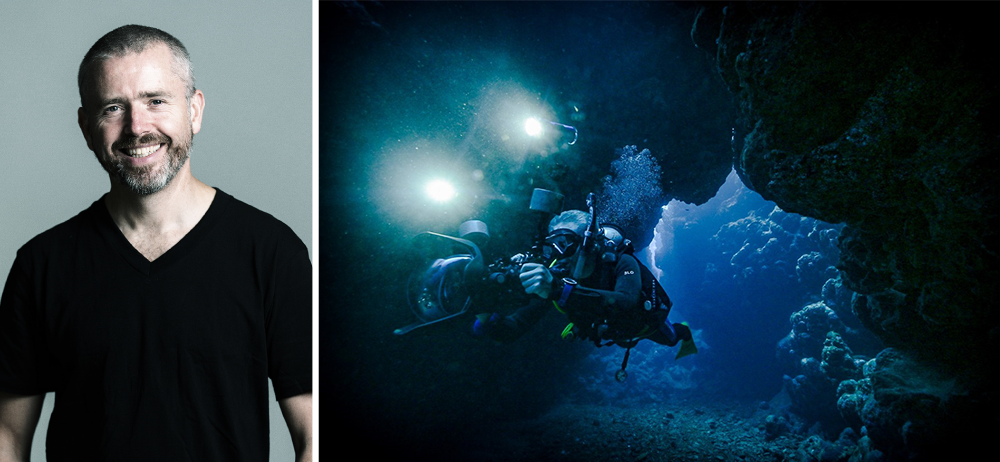
About Rick Grehan
- An award-winning creative director, Rick has worked for over twenty years in advertising in London, Johannesburg and Tokyo. He founded imageMILL, Japan's first sustainable branding agency, in 2015. Whether under the sea, in the sky or in remote landscapes, he seeks to show people what is really happening with our greatest natural asset, the earth. A sustainable life activist dedicated to preventing human, animal and environmental abuse, Rick was born in Ireland.
- Rick Grehan's watch
- Rick is wearing the the PROMASTER SATELLITE WAVE GPS Diver 200m.
This year, in 'CONNECTING 8 OCEANS,' creative director Rick has reported on some of the planet's most beautiful maritime scenery and the local environmentalists protecting it. This builds on last year's 'Save the BEYOND' PROMASTER global campaign when Rick profiled some of the world's most beautiful and remote places and the environmentalists working to keep them safe.
